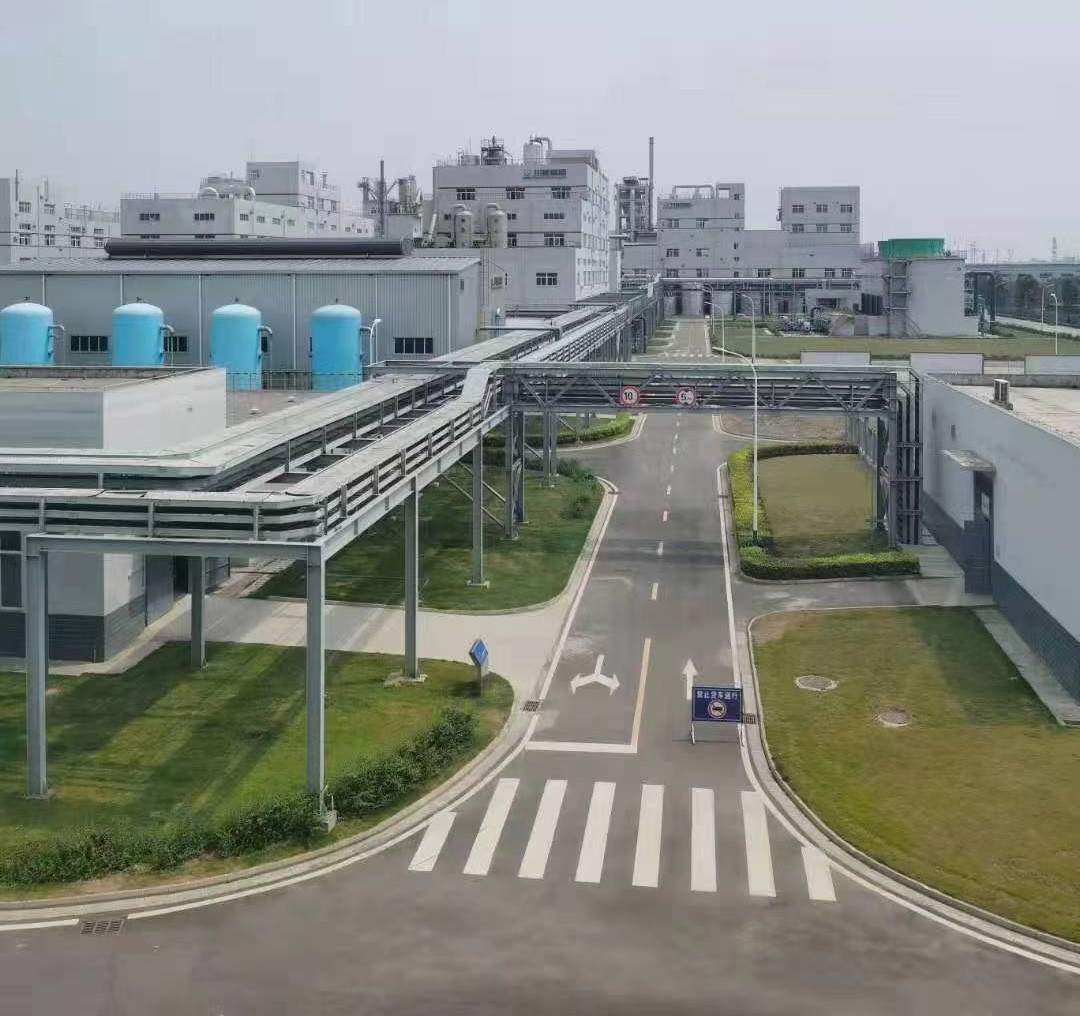Israel-Iran conflict disrupts Middle East chemical market
Jul,07,25
Market analysts recently said that the Iran-Israel conflict has brought a major impact on the chemical industry in the Middle East. Although Israel did not directly attack Iranian chemical facilities, the indirect impact of the conflict still caused Iran to shut down most of its chemical production units. On the other hand, Iran has targeted Israel's refining and petrochemical industries, forcing multiple production units to shut down. Although the two sides are still implementing the armistice agreement, multiple chemical units in the region are still shut down, and the volatility and uncertainty in the fertilizer, raw material and chemical markets in the Middle East continue.
In Israel, Bazin Group's Haifa refinery was shut down after Iran's second missile attack, the Israeli Bazin Group said. The company also said that due to an attack on a power plant, multiple olefin and polyolefin plants operated by its subsidiary Carmel Olefins Co., Ltd. at the Haifa refinery were shut down. As of now, all facilities of the company and its subsidiaries have been closed. According to Carmel Olefins' website, the company operates a steam cracker with an annual capacity of 240,000 tons of ethylene and 135,000 tons of propylene, as well as a metathesis unit that adds an additional 180,000 tons of propylene per year, and downstream capacity of 180,000 tons/year of polyethylene (PE) and 400,000 tons/year of polypropylene.
Meanwhile, in Iran, Israel's attacks on its upstream oil and gas sector, refineries, power grids and port infrastructure have also caused a large number of chemical plants to shut down. The most serious incident was the Israeli drone attack on the gas processing unit of the South Pars gas field on June 14, which is connected to Iran's Assaluyeh chemical production center. Iranian officials have ordered chemical plants in the Assaluyeh area to stop production and remove hazardous materials from storage tanks to prevent further attacks. The methanol unit of Marjan Petrochemical in the Assaluyeh area was shut down on June 15. Sources said that Marjan's methanol production capacity at the plant was 1.65 million tons/year.
Three other methanol plants in Iran, including the Zagros petrochemical plant in Assaluyeh, may also have been shut down, according to S&P Global Commodity Insight analysts. Iran's methanol facilities are also facing a shortage of natural gas feedstock after Israel launched airstrikes on Iran's energy infrastructure, including the South Pars gas field, market sources said. Ammonia plants across Iran have also suspended production, sources said. Ammonia and downstream products including nitrogen fertilizers had stopped production on June 16.
Chemicals are Iran's third-largest export sector, second only to crude oil and refined products, accounting for about a third of all non-oil exports, according to S&P Global Commodity Insights. According to relevant data, Iran has about 85 chemical plants that produce common chemicals and derivatives, including ethylene and polyethylene, methanol, ammonia and aromatics, based on abundant local feedstocks, including natural gas, condensate and natural gas liquids. Iran currently has 12 crackers with a total ethylene production capacity of 7.88 million tons/year, making it the second largest ethylene producer in the Middle East, accounting for 23% of the Middle East's ethylene production capacity, second only to Saudi Arabia. Iran also has 13 methanol plants with a total production capacity of 17.38 million tons/year and 21 polyethylene plants with a total production capacity of 4.45 million tons/year.






